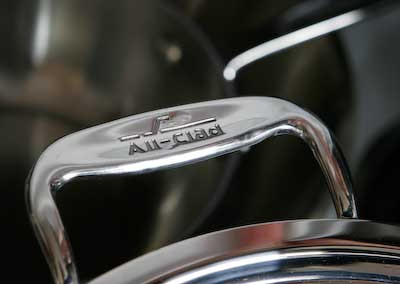Ex-mas
Christmas Day, from a celestial standpoint, is no different from any other day of the year. There is nothing mechanically unique about it and no special provision is made for it within the clockwork of the solar system. At most, it is a day slightly longer than the one which precedes it and slightly shorter than the one which follows. (Its proximity to the winter solstice is among the real reasons we celebrate that time of year in the first place.) Despite containing almost exactly 24 hours, it always tends to feel like it “rushed by”, our perception hijacked by the demands and expectations of the day. Everything about Christmas stems from what we choose to make of it. From 1997 to 2007, I spent Christmas with my wife and the accompanying entity to which marriage also commits you–family. For a variety of reasons which eventually boiled down to one, we went our separate ways in 2007. For the first time in a decade, I faced Christmas alone. Not for lack of invitations f...


